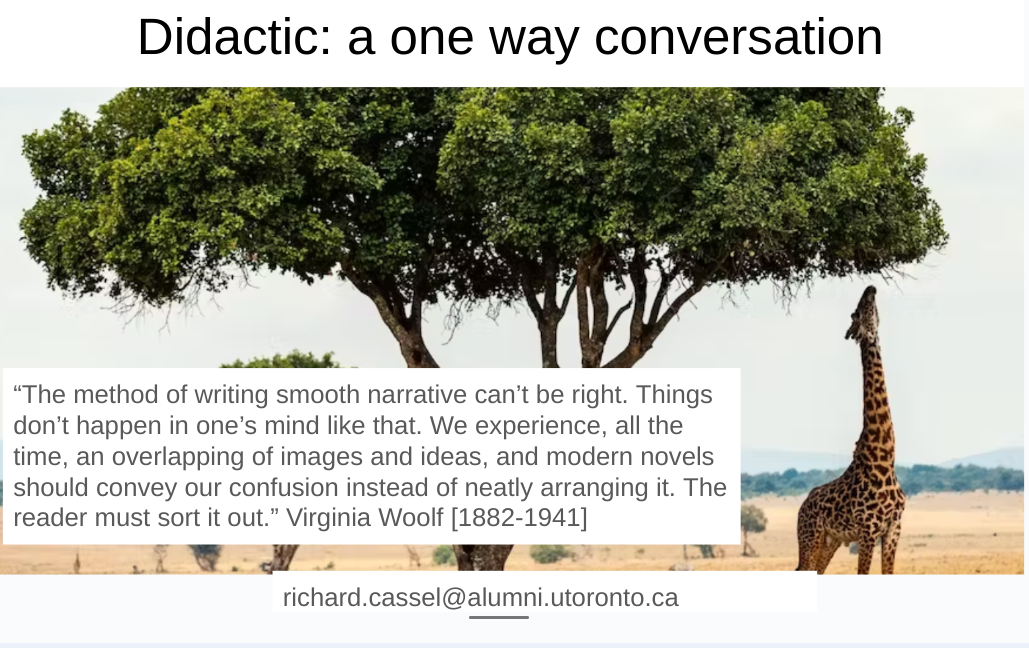 Perhaps Iran's most exalted artifact—housed at the British Museum in London, with a replica residing at UN headquarters in New York City. The cylinder resembles a corncob made of clay; inscribed on it, in cuneiform, is a decree that has been described as the first charter of human rights—predating the Magna Carta by nearly two millennia. It can be read as a call for religious and ethnic freedom; it banned slavery and oppression of any kind, the taking of property by force or without compensation; and it gave member states the right to subject themselves to Cyrus's crown, or not. "I never resolve on war to reign."
Perhaps Iran's most exalted artifact—housed at the British Museum in London, with a replica residing at UN headquarters in New York City. The cylinder resembles a corncob made of clay; inscribed on it, in cuneiform, is a decree that has been described as the first charter of human rights—predating the Magna Carta by nearly two millennia. It can be read as a call for religious and ethnic freedom; it banned slavery and oppression of any kind, the taking of property by force or without compensation; and it gave member states the right to subject themselves to Cyrus's crown, or not. "I never resolve on war to reign.""To know Iran and what Iran really is, just read that transcription from Cyrus," said Shirin Ebadi, the Iranian lawyer who won the 2003 Nobel Peace Prize.
